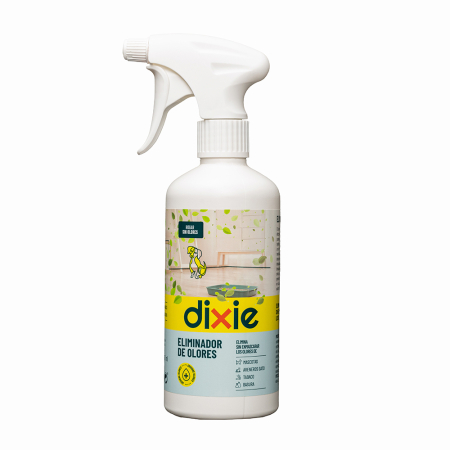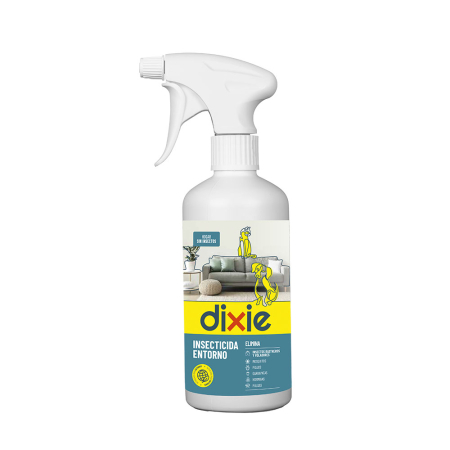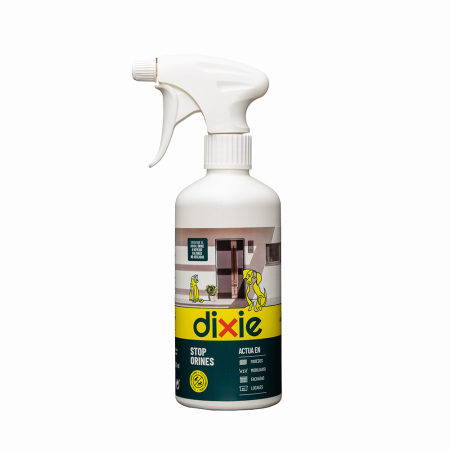Environment and Home for Cats
Gardens and Patios: Maintenance Strategies
Gardens and patios can be areas of exposure for cats to external parasites. Keeping vegetation short and removing fallen leaves and branches minimizes shelters for parasites.
The Impact of the Environment on Parasite Prevention in Cats
The environment in which a cat lives and moves is an influential factor in exposure to parasites.
Areas of vegetation, humidity, and the presence of other animals can increase the risk of infestation.
Understanding how the environment affects the spread of parasites is essential for implementing effective preventive measures.
Building a parasite-resistant home involves considering various aspects. Regular maintenance of both indoor and outdoor areas is essential.
Avoiding the accumulation of standing water and keeping vegetation under control are preventive measures.
Additionally, sealing potential entry points for parasites, such as cracks and openings, helps create a protective barrier.
Building a Parasite-Resistant Home
Multispecies Coexistence: Prevention in Homes with Multiple Animals
In homes with multiple animals, coexistence can affect the spread of parasites.
The implementation of preventive measures must be comprehensive. Keeping pets up to date with antiparasitic treatments, limiting their access to shared areas, and maintaining hygiene is crucial.
Consulting with a veterinarian can provide guidance on the specific precautions needed for harmonious coexistence.





